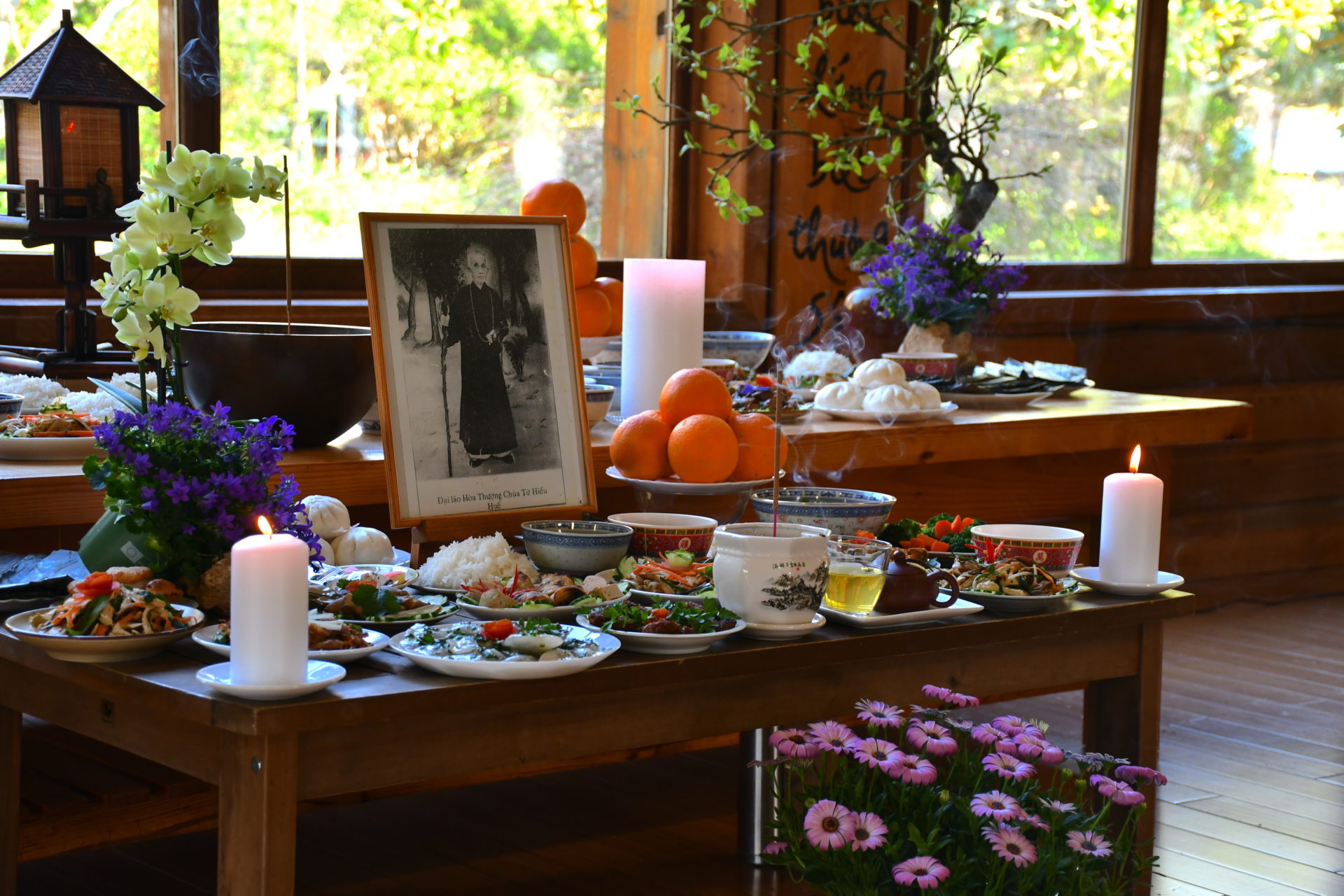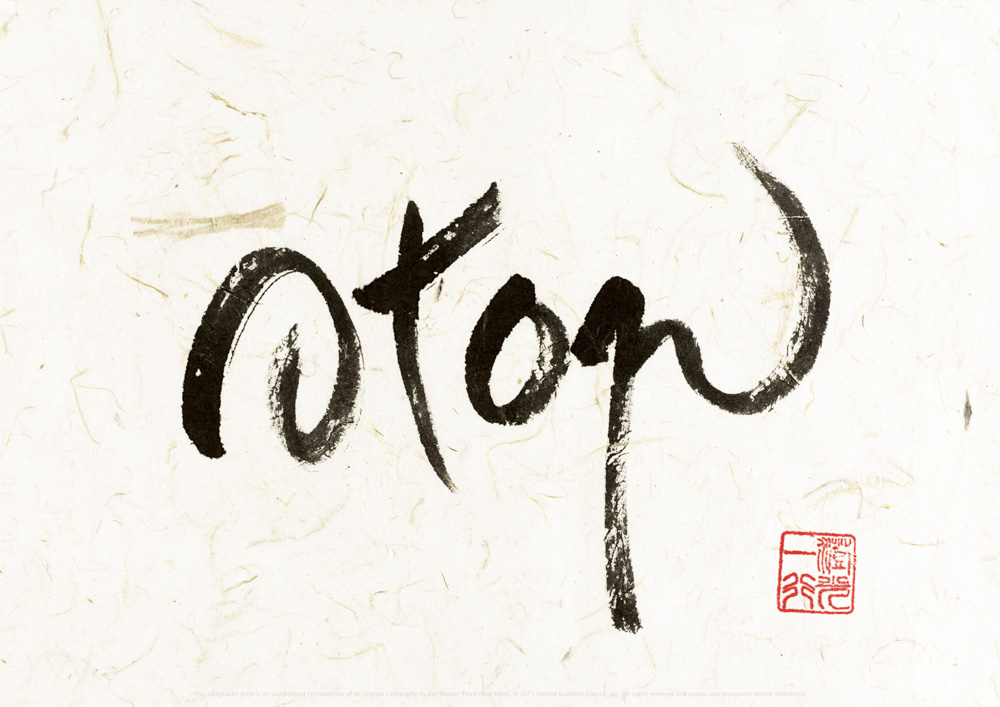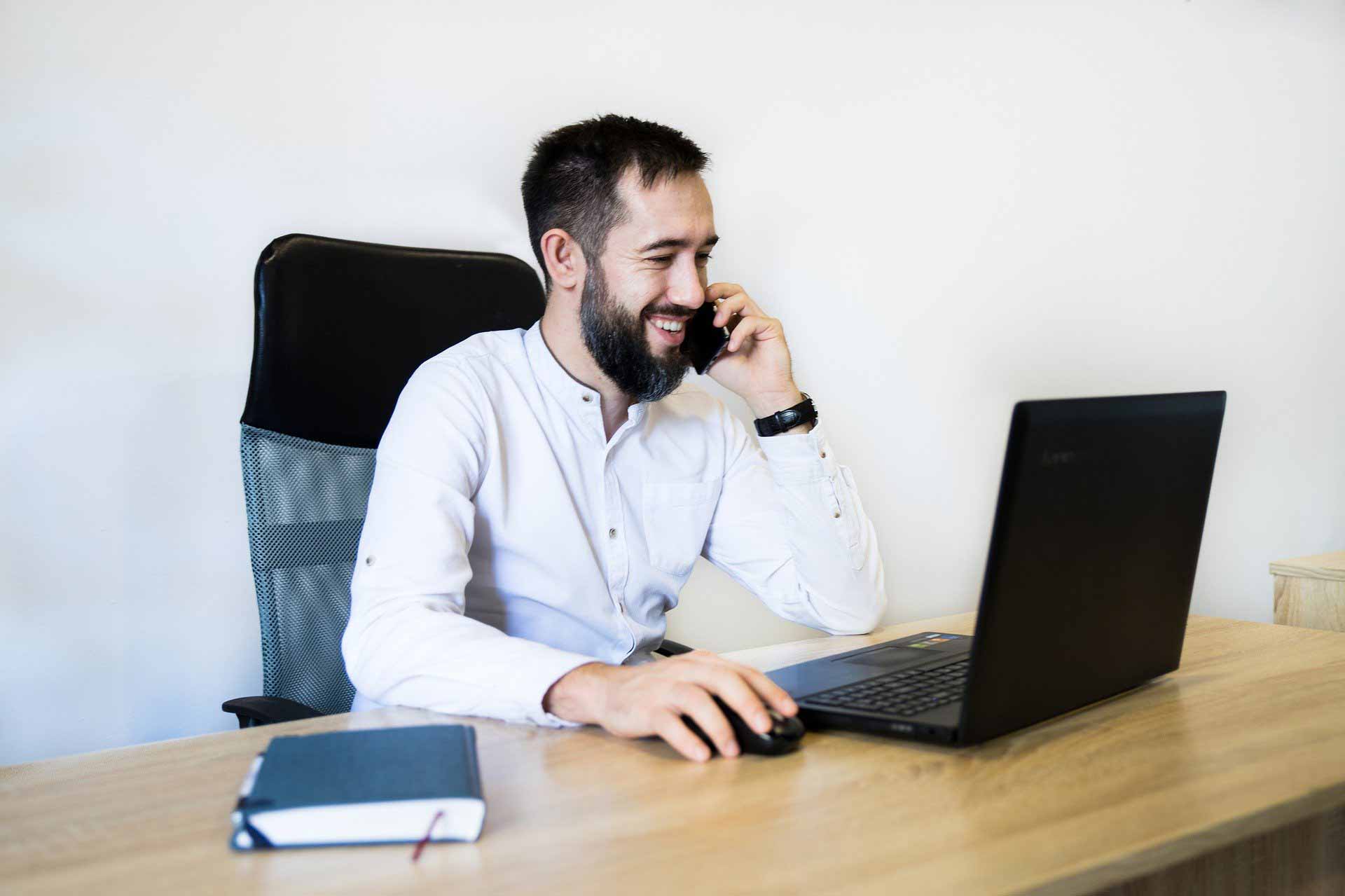3 Quick Hacks That Will Reduce Nervous Energy In Seconds
Expert-backed and tested.

Image by Lydia Fenet / mbg Creative May 29, 2023 Our editors have independently chosen the products listed on this page. If you purchase something mentioned in this article, we may You may think that confidence is something that comes naturally—either you’re born with an unwavering sense of self-esteem, or you’re not. But according to globally recognized speaker and charity auctioneer Lydia Fenet, author of the aptly titled, Claim Your Confidence, that mindset couldn’t be more false. In fact, she says on this episode of the mindbodygreen podcast that you can train yourself to be more confident. Just a few strategic hacks can help you release nervous jitters and own the room—here, find Fenet’s must-have tricks. 
Advertisement
This ad is displayed using third party content and we do not control its accessibility features.
“You should never walk into a meeting or a presentation without having lined up the first sentence of what you're going to say,” says Fenet. Why? Well, she says that nervous public speakers often fall short when it comes to connecting their introduction to their presentation or speech. “They think about the presentation, but they don't think about that connecting line,” she adds. For example, Fenet always starts off by saying: Good evening, everyone. My name is Lydia Fenet. I'm so delighted to be here this evening. “Then I usually throw in a joke, but that first sentence for me…it doesn't matter what is happening in the room,” she adds. “It puts me at ease immediately.” Even a simple greeting like that can melt your nerves away. Because according to Fenet, your nerves are likely channeled into that one opening sentence—and the minute you hit it, you want to feel very strong and confident about what you’ve said. “So come up with your mantra,” she says, and the rest will follow quite easily. This ad is displayed using third party content and we do not control its accessibility features. 2. Perhaps you’ve heard this tip before: Get out of your comfort zone! The more you practice things that make you feel uneasy, the less power they’ll ultimately have over you. “Try things that you are scared of, and if it doesn't work out, it's not that deep,” Fenet explains. Of course, this is way easier said than done, but you can start small. For example, if you dread public speaking, try participating more in work meetings, sign up for a panel, or join a committee. “Something that will force you to speak in front of other people,” Fenet shares. “If you're a stay-at-home parent, the PTA is an easy way to speak every single week.” The bottom line? If you’re scared of something, make yourself do it, Fenet declares. “You don't have to do it in a big way. You don't have to get on stage in front of 1,000 people tonight, but stand up in front of two or three people and practice speaking,” she adds. “Learn what it feels like to feel that adrenaline rushing in, and the next time it won't be so bad. And then just keep doing it.” Fenet’s No. 1 hack for in-the-moment anxiety? Move the energy out of your body. “It's just adrenaline more than anything,” she explains. That’s why you might notice someone clicking a pen, flipping their hair, or even stretching before hopping on stage. “If I get really nervous, I'll just bounce lightly on the balls of my feet, just to keep the energy moving, and wiggle my fingers,” she notes. “Get your body flowing. It's the easiest way to get rid of those nerves.” Most importantly, don’t forget to breathe! Your breath can also help move stagnant energy from your body, whereas holding in your breath can make you tense up (and not to mention lightheaded). “Breath is important,” Fenet adds. “Otherwise, you strangle your voice, and it makes you just feel tight.” This ad is displayed using third party content and we do not control its accessibility features.Advertisement
Get comfortable with the uncomfortable
Advertisement
The takeaway
Nervous jitters? You’re not alone. It’s natural to feel insecure or uncertain about events that make you comfortable—it’s a good thing Fenet has more than a few tricks up her sleeve to release anxious energy and own the room. That being said, you don’t have to be the center of attention to feel confident in yourself. “Confidence is not necessarily bravado. Confidence is believing in ourselves,” she adds. “Confidence is walking into a room in our own skin and not having to pretend we're someone else to be there.”
Advertisement
This ad is displayed using third party content and we do not control its accessibility features.

 Astrong
Astrong 


































